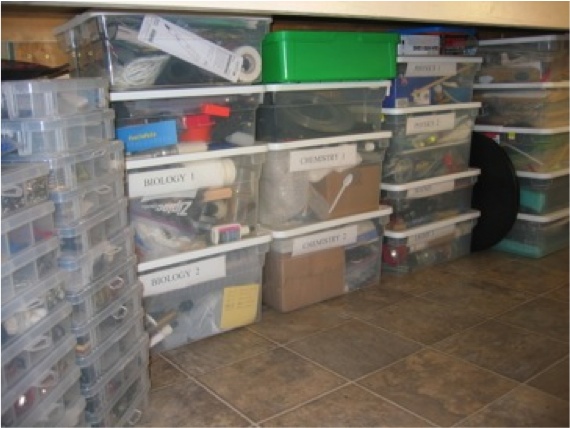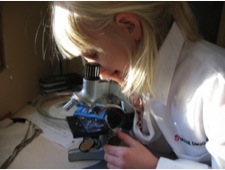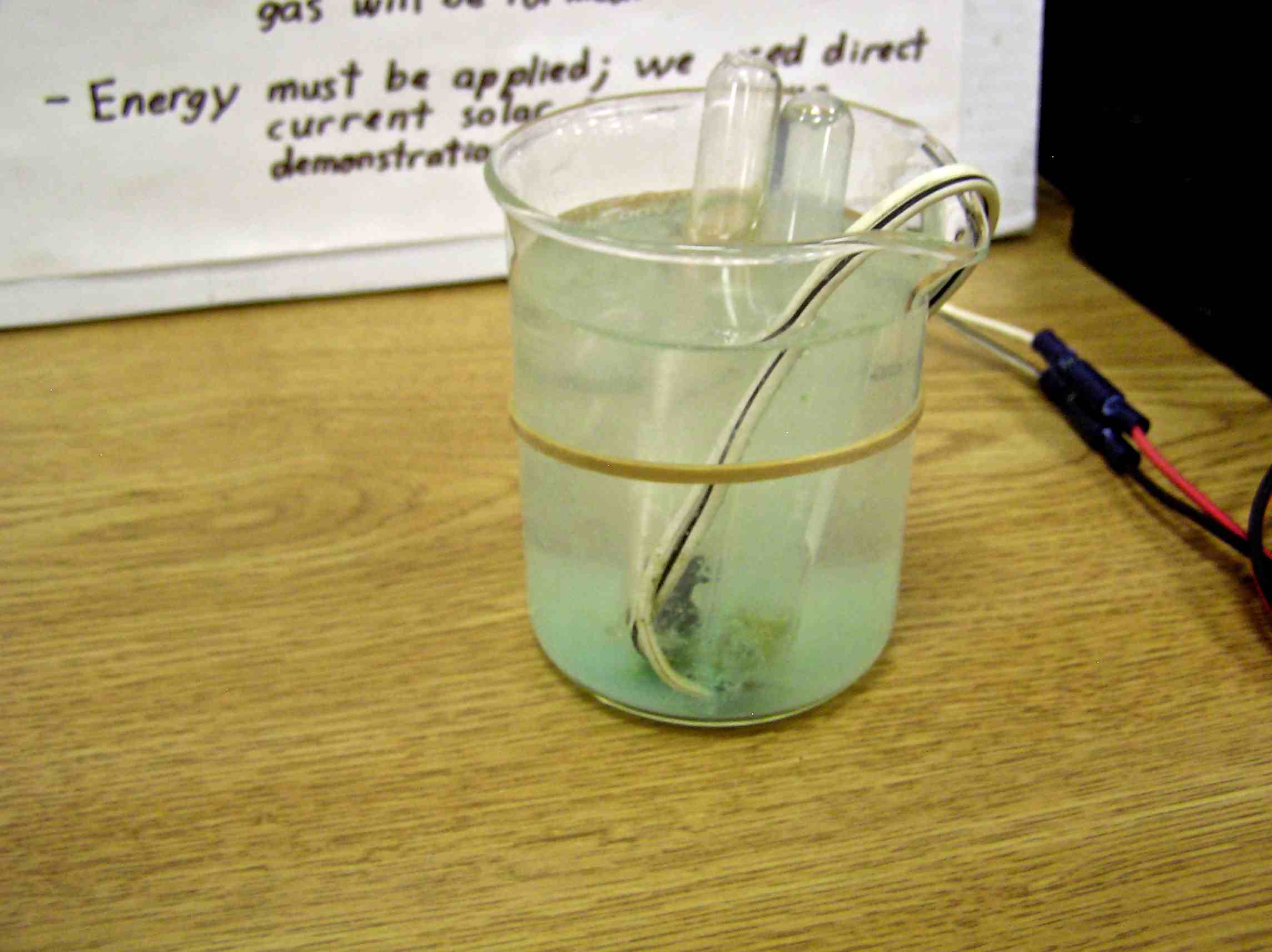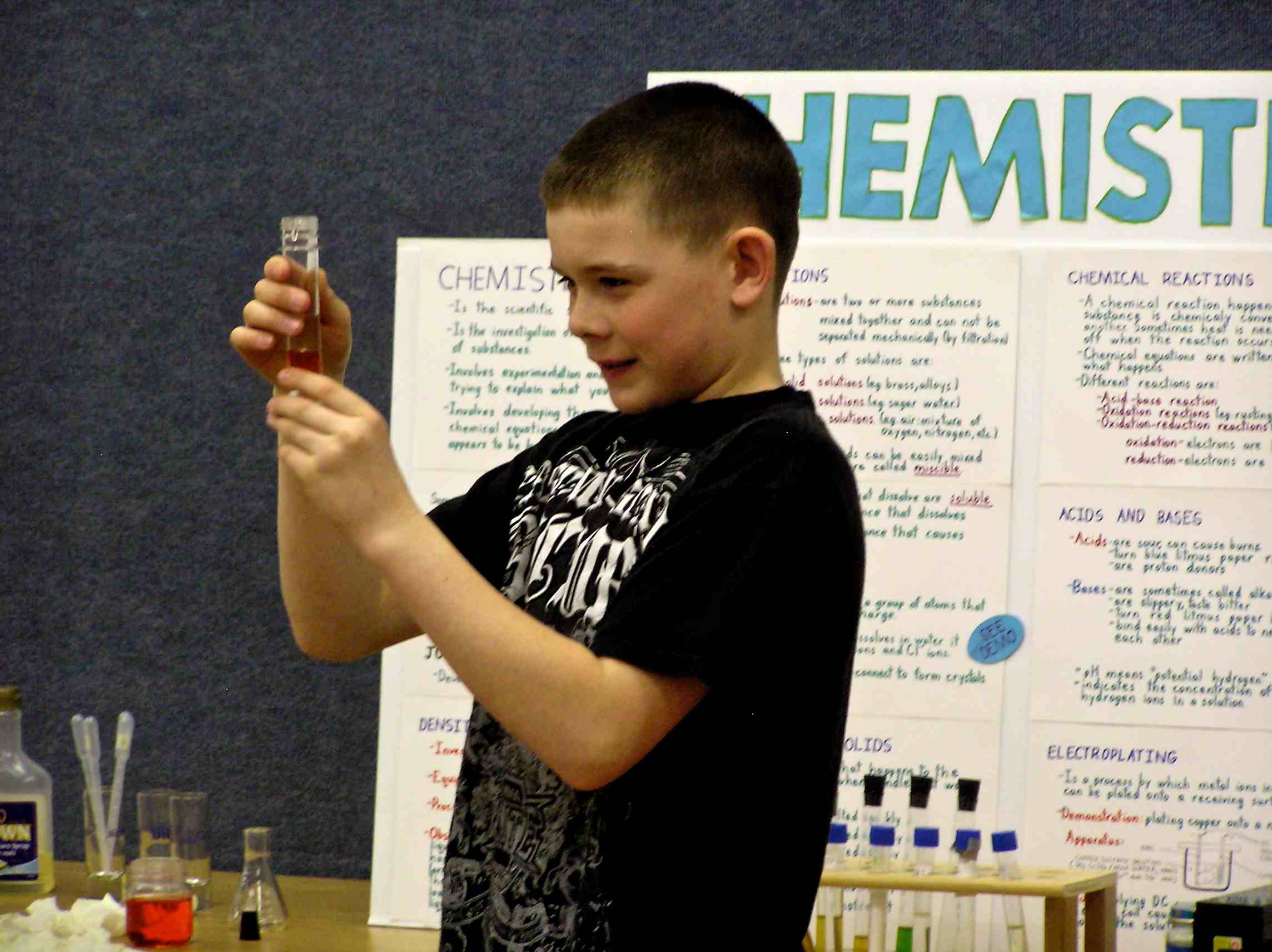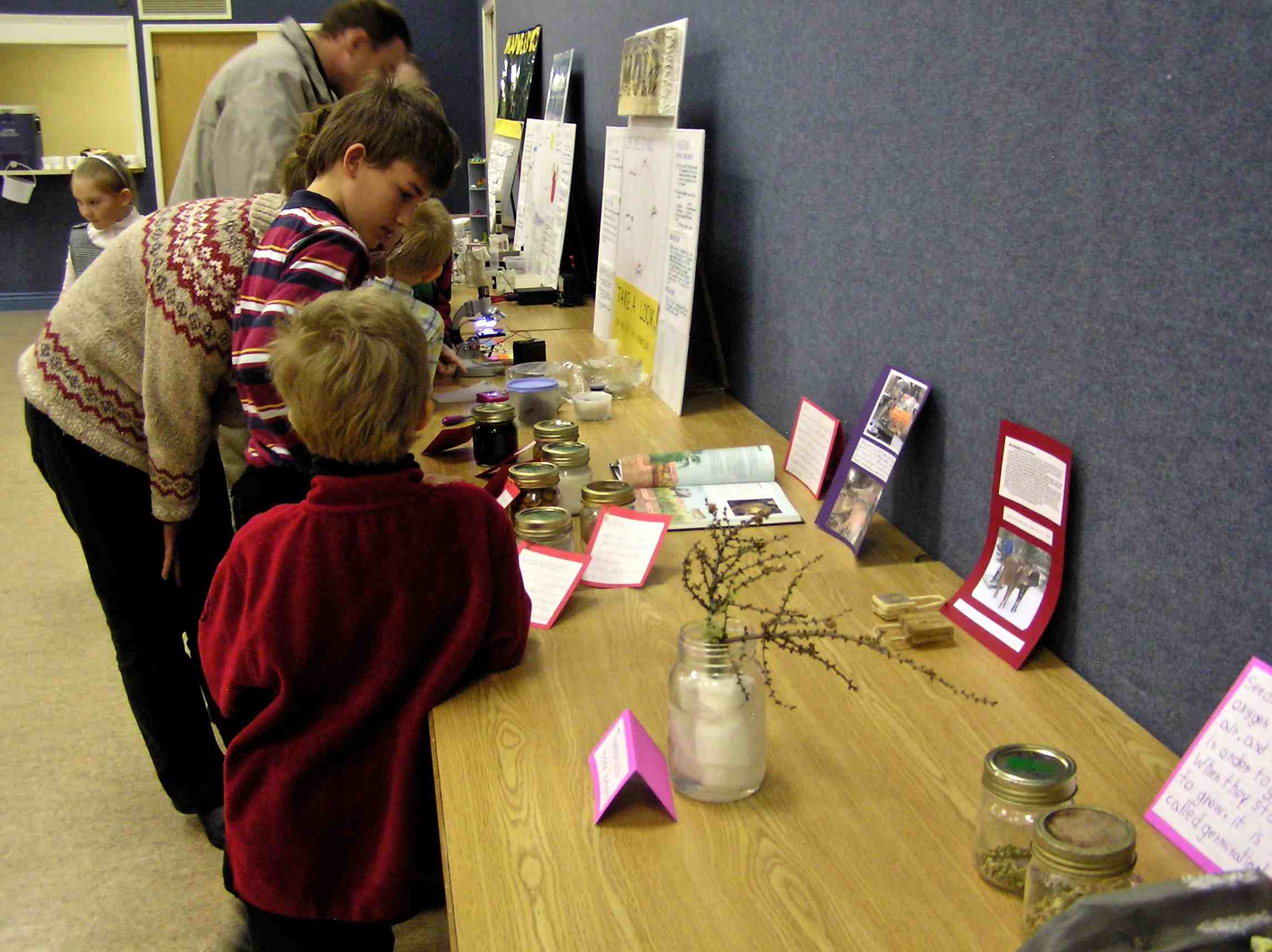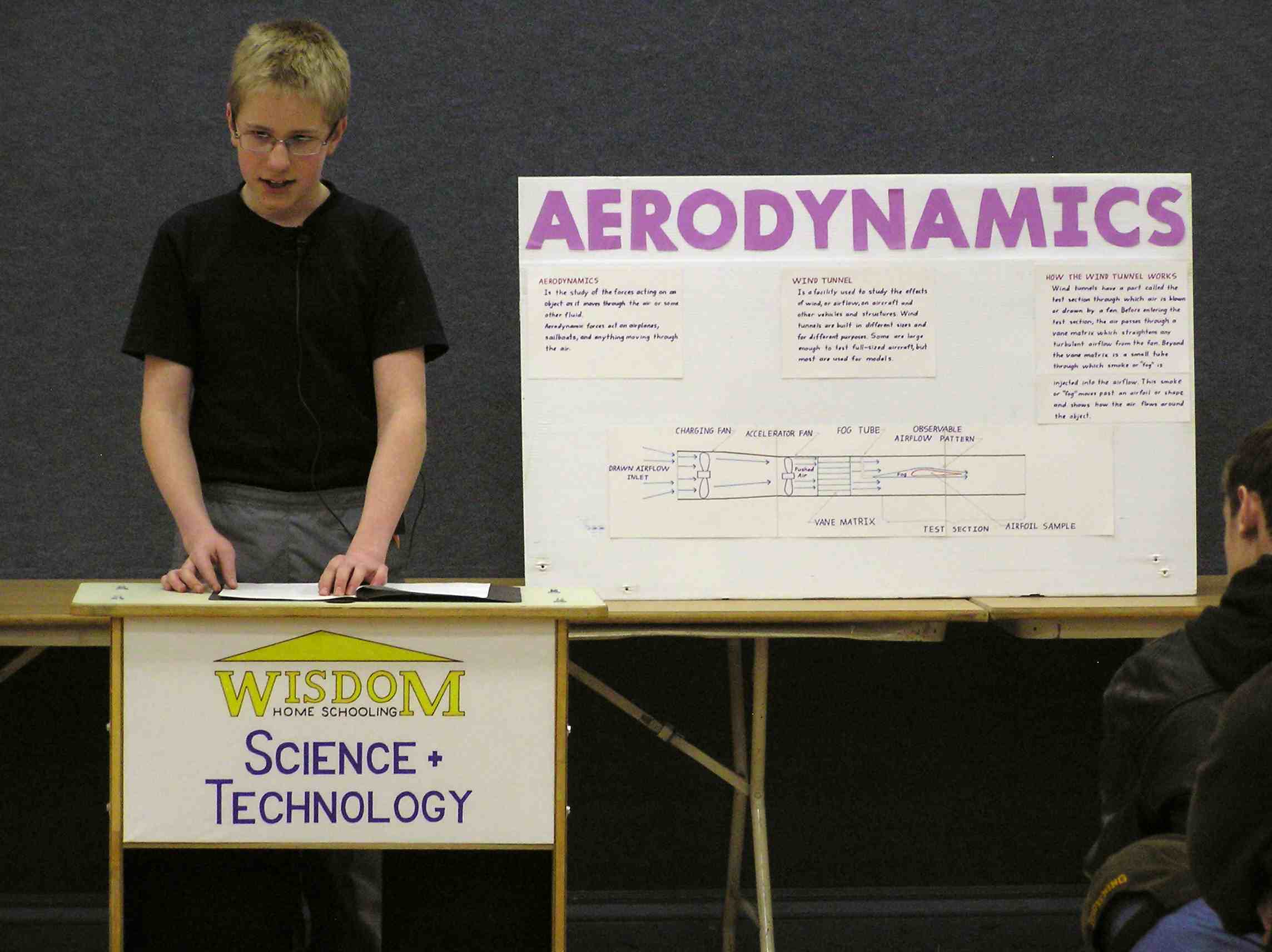Science & Technology
How many containers do you need to fill a science program? Peculiar question, huh? Perhaps I should ask: How many weekends does it take to fill your science program containers?
By this time of year you will likely have developed a pattern or routine in your home-school day to accomplish your selected program of studies. Your children engage themselves with the various subjects that you assign them, most often with the help of a text book or other written resource. Depending on your child’s age and ability, the reading in these books may be done by your child, or you may be the one to read and explain the material to your eager learner.
By this time of year you will likely have developed a pattern or routine in your home-school day to accomplish your selected program of studies. Your children engage themselves with the various subjects that you assign them, most often with the help of a text book or other written resource. Depending on your child’s age and ability, the reading in these books may be done by your child, or you may be the one to read and explain the material to your eager learner.
“Science, science, science…” Those were the words of advice expressed to me, by a home-school mom, in answer to a question about what to focus on in the primary years of home schooling.
When we think of science, what usually comes to mind are subjects in the areas of biology, chemistry, or physics. What does the word ‘science’ mean? The word ‘science’ comes from the Latin word scientia, which means knowledge – to know. Science could be summed up as that process by which we seek to know and understand the deeply intricate things of all that we see (and can’t see) around us.
When Gayle and I began the journey of home educating our children, I applied my efforts to seeking out useful science resources. Since science was my interest and strong point, Gayle welcomed my initiatives. We were encouraged by a friend to add a lot of science to the children’s learning – especially in the primary grades. So, we set off to find books that could help us bring science to life in the minds of our young children.
Building a science display takes time. The process of building the display also takes up a lot of room and can disrupt the pattern of daily schedules for a number of weeks. What is the value of a science display, considering that you might only display it once? I suppose that if you view a science display as an ‘extra’ – a thing that you have to go out of your way to do – then its value may equal that of an increased burden. Alternately, if you view a science display as an assembly of summarized learning, together with supporting devices, then its value becomes… invaluable!
There exists constant pressure in our society to adapt to a way of thinking. Webster’s dictionary defines ‘adapt’ as “to modify (oneself) to conform to a circumstance or environment” or alternatively “to become adjusted to a circumstance or environment.” When studying and researching in the sciences, the student will eventually (if not immediately) encounter the evolution perspective. Whether it is biology, geology or astronomy, the processes of evolution will be applied to living and non-living objects. When something evolves, it is believed to have changed from a less complex form to a higher order of complexity. Ignoring this perspective will not make it disappear. But remember… it is only a perspective.Webster’s dictionary describes evolution as a doctrine. Yes, a doctrine!
I would venture to say that most people have enough interest in robots that they would give a few moments of their time to allow themselves the amusement of watching robots in action. Beyond this, I have observed that fewer people actually have enough interest in robots to wrestle with how they work and to learn what their abilities and their limitations are. I think that there also exists a middle-ground camp of those who imagine that they might have an interest in robots but they are just not sure of ‘where to start’.
Summer is a wonderful time for getting out to play and to explore the wonderful handiwork of God’s creation. Even though many of you suspend your formal homeschool studies during this time, I encourage you to use the summer for building greater momentum in your science program.
When people seek more information about the science and technology event, one of the first questions that I hear – with a tone of apprehension in their voice – is: “Is this a science fair?” The answer I give is “no” – to which I hear a sigh of relief.
Page 1 of 2

